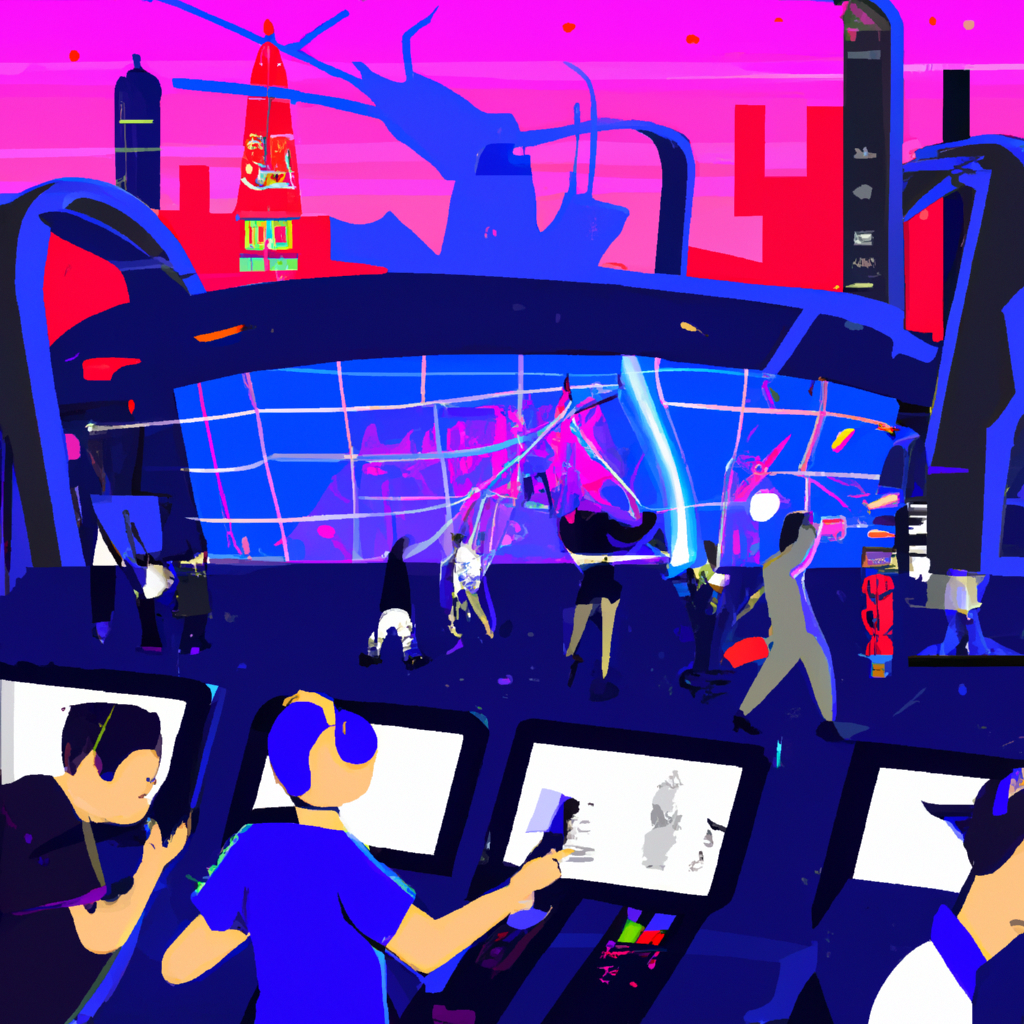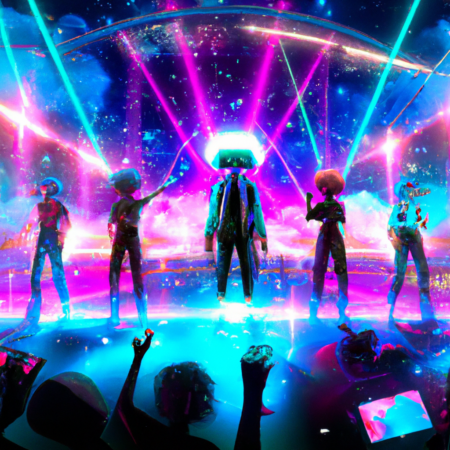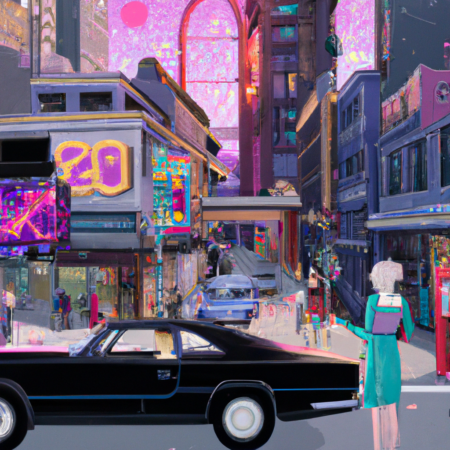Exploring the Rise of Virtual Reality in Modern Entertainment
As we delve further into the second quarter of 2025, the entertainment landscape continues to evolve at a breathtaking pace, with virtual reality (VR) leading the revolution. This immersive technology has not only transformed how we consume content but has also redefined the boundaries of storytelling and user engagement.
The inception of VR platforms has enabled creators to deliver experiences that are more vivid and interactive than ever before. From blockbuster movies to interactive gaming, and even live concerts, VR has expanded the horizons of entertainment, allowing users to experience events and stories in a fully immersive environment.
One of the key factors behind the widespread adoption of VR in entertainment is the significant improvement in VR hardware. The latest VR headsets are not only more affordable but also lighter and more comfortable, offering higher resolutions and wider field of views. This has made VR accessible to a larger audience, ensuring that more people can enjoy immersive experiences without discomfort.
Moreover, VR has also seen increased use in theme parks and tourist attractions, providing breathtaking experiences that blend physical and digital elements. For instance, several theme parks have introduced VR roller coasters that synchronize physical movements with VR visuals, creating exhilarating experiences that are impossible in a traditional setting.
Looking forward, the potential of VR in entertainment is limitless. With ongoing advancements in technology and storytelling techniques, VR is set to offer even more captivating and emotionally engaging experiences. As we continue to witness this evolution, it is clear that VR is not just a passing trend but a fundamental shift in the entertainment industry.






